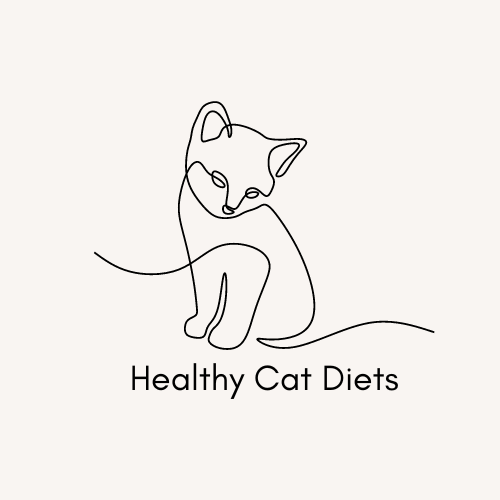What Are Fillers in Cat Food?
Fillers in cat food refer to ingredients that provide little to no nutritional value but are used to bulk up the food. They are often inexpensive and used by manufacturers to keep costs low while increasing the food’s volume. While some fillers may be digestible, others may contribute to weight gain or digestive issues in cats.
Fillers are typically non-essential carbohydrates, plant-based proteins, or by-products that lack significant nutritional benefits. These ingredients may include corn, wheat, soy, cellulose, and certain grain by-products. While not all carbohydrates are bad for cats, excessive amounts can lead to health issues such as obesity and diabetes.
Many pet food brands use fillers to improve texture and consistency or to meet specific manufacturing requirements. However, high-quality cat food brands strive to minimize the use of unnecessary fillers and instead focus on providing animal-based proteins and essential nutrients.
Does Sheba Cat Food Contain Fillers?
Sheba cat food is marketed as a premium wet cat food brand that prioritizes high-protein, meat-based ingredients. Most of its formulas contain real meat, poultry, or fish as the first ingredient. Unlike some lower-quality brands, Sheba does not heavily rely on grains, artificial additives, or excessive plant-based fillers.
However, some Sheba recipes may still contain ingredients that some consider fillers, such as tapioca starch or vegetable gums. These are primarily used as binding agents to maintain the consistency of the food rather than as cheap bulking ingredients. While these ingredients are not inherently harmful, they do not contribute much to a cat’s essential nutritional needs.
Compared to other commercial cat food brands, Sheba is relatively filler-free, making it a preferable choice for cat owners looking for a high-protein, meat-focused diet for their feline companions.
Common Fillers Found in Other Cat Food Brands
Corn and Wheat
Corn and wheat are among the most common fillers found in dry cat food. These ingredients serve as inexpensive sources of carbohydrates and are often used to create kibble texture. However, cats are obligate carnivores, meaning their digestive systems are not designed to efficiently process large amounts of plant-based carbohydrates.
Excessive consumption of corn and wheat can lead to digestive issues, allergies, and even weight gain in cats. Some pet owners prefer grain-free formulas to avoid these potential problems.
Soy and Pea Protein
Soy and pea protein are plant-based protein sources that are often used as meat substitutes in pet food. While they do contribute to the overall protein content, they lack the essential amino acids found in animal-based proteins such as taurine, which is crucial for a cat’s health.
Additionally, soy can be a common allergen for cats and may cause digestive upset or skin irritations. Many premium pet food brands avoid using soy-based ingredients in their formulas.
Cellulose and Powdered Cellulose
Cellulose, often listed as powdered cellulose, is derived from plant fiber and is commonly used as a bulking agent in pet food. While it is not harmful, it provides no real nutritional value. Some manufacturers use cellulose to increase fiber content in low-cost cat food, but it does not contribute to a balanced feline diet.
High levels of cellulose in cat food can reduce the digestibility of important nutrients, potentially leading to malnutrition over time.
Is Sheba a Healthy Choice for Cats?
Sheba wet cat food is considered a high-quality cat food brand that emphasizes real meat ingredients. Its wet food formulations contain high levels of animal protein, which aligns with a cat’s natural dietary needs. Unlike many commercial brands that rely heavily on grains and plant fillers, Sheba prioritizes meat, making it a healthier option for felines.
Additionally, Sheba does not contain artificial preservatives, colors, or excessive carbohydrates. This makes it a better choice for cats with sensitive stomachs or those requiring a more protein-rich diet. However, as with any pet food, it is important to check ingredient lists and ensure that the formula suits an individual cat’s dietary needs.
Conclusion
While some Sheba recipes may contain minor binding agents like tapioca starch or vegetable gums, the brand overall does not rely on cheap fillers such as corn, wheat, or soy. Is Sheba good cat food? Based on its high-protein, meat-based formulation, Sheba is a strong choice for cat owners looking for a more natural and healthy diet for their feline friends.


Leave a Reply